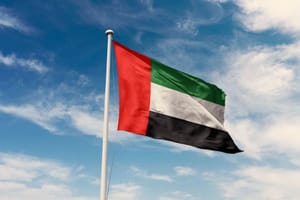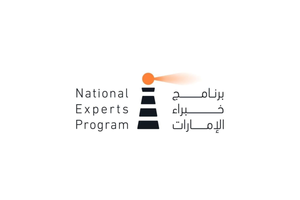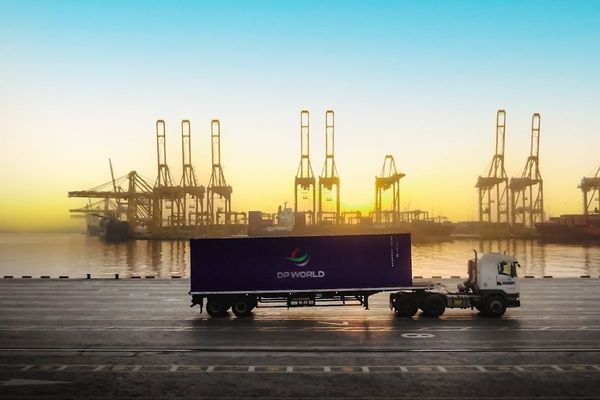The objective of the UAE's National Food Security Strategy is to enhance local food production.
According to a recent report by GlobalData, the UAE has secured the top spot among 56 countries in the Middle East and Africa (MEA) for having the lowest risk in managing food security.
Israel secured the second position, while Saudi Arabia came in third place as one of the lowest-risk nations in the MEA region, according to the GlobalData Regional and Global Risk Index (GCRI) for Q4 2022. Qatar and Kuwait ranked fourth and fifth, respectively, while Bahrain secured the ninth position on a regional level.
As the UAE's Ministry of Climate Change and Environment launched the first session of the National Dialogue for Food Security, a report was also released. The objective of the dialogue is to encourage productive discussions among government and private stakeholders to strengthen food security in the UAE.
The UAE's National Food Security Strategy 2051 aims to bolster the local food production industry and decrease food waste and loss, using advanced technology. With COP28 set to take place in the UAE in 2023, the country is prioritizing efforts to achieve the goals of the strategy by collaborating with partners and implementing solutions to revolutionize the agricultural sector and food systems. This will help to enhance the resilience and sustainability of the food industry, according to Mariam bint Mohammed Almheiri, the Minister of Climate Change and Environment.
The GlobalData Regional and Global Risk Index (GCRI) report highlights that the MEA region is facing challenges such as supply chain disruptions, which have led to higher prices for essential items such as food and fuel. As a result, the region is facing increasing risks related to food insecurity and rising debt.
Switzerland has secured the top spot on the index, which takes into account the most up-to-date macroeconomic, political, social, technological, environmental, and legal data. Denmark and Singapore are in second and third place, respectively.
As the MEA region relies heavily on Russia and Ukraine for the import of essential food items, its risk score in the GCRI Q4 2022 update increased slightly from 54 to 54.3 out of 100.
Bindi Patel, an economic research analyst at GlobalData, noted that the recent decision by OPEC+ to reduce oil production could have an adverse impact on the economies of oil-producing nations in the MEA region, which depend heavily on oil exports. Additionally, many countries in the region rely heavily on food imports, and challenges related to the supply chain disruptions caused by various factors, such as conflicts in Ukraine and Syria and drought in Horn of African nations and Kenya, continue to pose significant challenges to food security.
According to the GlobalData report, although the MEA region has implemented more stringent monetary policies, the inflation level is expected to remain significantly high, with only a slight reduction projected. The inflation rate in the region is estimated to be 18.7 percent in 2023, with particularly high rates anticipated in countries such as Egypt (23.3 percent), Iran (40.7 percent), Turkey (43.7 percent), and Nigeria (19.3 percent).
According to the report, the overall risk for countries in the MEA region remains upward, as factors such as a possible slowdown in the global economy, tighter monetary policies, geopolitical tensions, and a rise in poverty and food insecurity continue to have a negative impact on their economies.
Image Source: Khaleej Times via Syndicate









